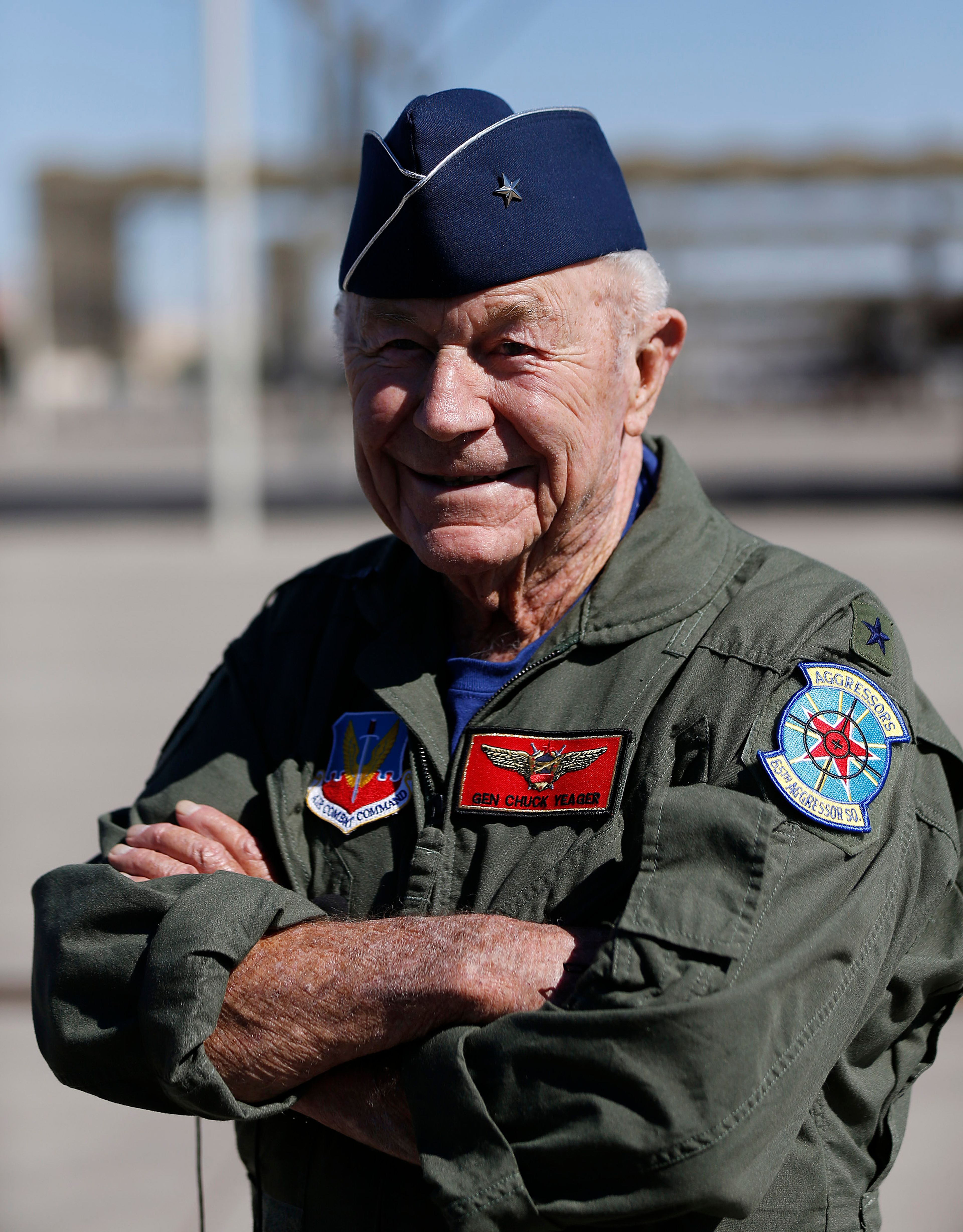World/nation trivia: The week of Oct. 13-19
Discover pivotal moments from history this week: from the laying of the White House cornerstone and the Battle of Hastings to the Nobel Prize wins of Bob Dylan and MLK Jr. Dive into these historical events.
Oct. 13:
1792, the cornerstone of the executive mansion, later known as the White House, was laid by President George Washington during a ceremony in the District of Columbia.
1972, a Uruguayan chartered flight carrying 45 people crashed in the Andes. In order to stay alive, survivors resorted to feeding off the remains of some of the dead until they were rescued more than two months later.
2010, rescuers in Chile using a missile-like escape capsule pulled 33 men one by one to fresh air and freedom, 69 days after they were trapped in a collapsed mine 2,300 feet (700 meters) underground.
2016, Bob Dylan was named winner of the Nobel prize in literature.
Oct. 14:
1066, Normans under William the Conqueror defeated the English at the Battle of Hastings.
1910, aviator Claude Grahame-White flew his biplane over Washington, D.C. and landed it on West Executive Avenue, next to the White House.
1947, U.S. Air Force Capt. Chuck Yeager became the first test pilot to break the sound barrier as he flew the experimental Bell XS-1 rocket plane over Muroc Dry Lake in California.
1964, civil rights leader Martin Luther King Jr. was named winner of the Nobel Peace Prize.
Oct. 15:
1815, Napoleon Bonaparte, the deposed French emperor, arrived on the British-ruled South Atlantic island of St. Helena, where he spent the last 5 1/2 years of his life in exile.
1976, the first debate of its kind took place between vice-presidential nominees, Democrat Walter F. Mondale and Republican Bob Dole faced off in Houston.
1991, despite sexual harassment allegations by Anita Hill, the Senate narrowly confirmed the nomination of Clarence Thomas to the U.S. Supreme Court, 52-48.
2017, actress and activist Alyssa Milano tweeted that women who had been sexually harassed or assaulted should write “Me too” as a status. Within hours, tens of thousands had taken up the #MeToo hashtag (using a phrase that had been introduced a decade earlier by social activist Tarana Burke).
Oct. 16:
1859, radical abolitionist John Brown led a raid on the U.S. arsenal at Harpers Ferry in what was then a part of western Virginia. (Ten of Brown’s men were killed and five escaped. Brown and six followers were captured; all were executed.)
1962, the Cuban Missile Crisis began as President John F. Kennedy was informed that reconnaissance photographs had revealed the presence of nuclear missile bases in Cuba.
1968, American athletes Tommie Smith and John Carlos sparked controversy at the Mexico City Olympics by giving “Black power” salutes during a victory ceremony after they had won gold and bronze medals in the 200-meter race.
1995, the Million Man March, a gathering of Black men meant to foster unity in the face of economic and social issues affecting African Americans, was held in Washington, D.C.
Oct. 17:
1777, British forces under Gen. John Burgoyne surrendered to American troops in Saratoga, New York, in a turning point of the Revolutionary War.
1933, Albert Einstein arrived in the United States as a refugee from Nazi Germany.
1989, Game 3 of the World Series was canceled as the Loma Prieta earthquake struck Northern California just 30 minutes before the game was scheduled to begin at Candlestick Park in San Francisco; the game would eventually be played 10 days later.
Oct. 18:
1867, the United States took formal possession of Alaska from Russia.
1954, Texas Instruments unveiled the Regency TR-1, the first commercially produced transistor radio.
1977, West German commandos stormed a hijacked Lufthansa jetliner on the ground in Mogadishu, Somalia, freeing all 87 hostages and four crew members and killing three of the four hijackers.
1977, Reggie Jackson hit three home runs in Game 6 of the World Series to lead the New York Yankees to an 8-4 win and a 4-2 Series victory over the Los Angeles Dodgers; his success in the Fall Classic earned him the nickname “Mr. October.”
Oct. 19:
1781, British troops under Gen. Lord Cornwallis surrendered at Yorktown, Virginia, as the American Revolution neared its end.
1960, the Rev. Martin Luther King Jr. was arrested during a sit-down protest at a lunch counter in Atlanta.
1987, the stock market crashed as the Dow Jones Industrial Average plunged 508 points, or 22.6% in value (its largest daily percentage loss ever), to close at 1,738.74 on what came to be known as “Black Monday.”
2005, Saddam Hussein was put on trial by the Iraqi Interim Government, accused of crimes against humanity.
– Associated Press
Connect with the Southeast Missourian Newsroom:
For corrections to this story or other insights for the editor, click here. To submit a letter to the editor, click here. To learn about the Southeast Missourian’s AI Policy, click here.










